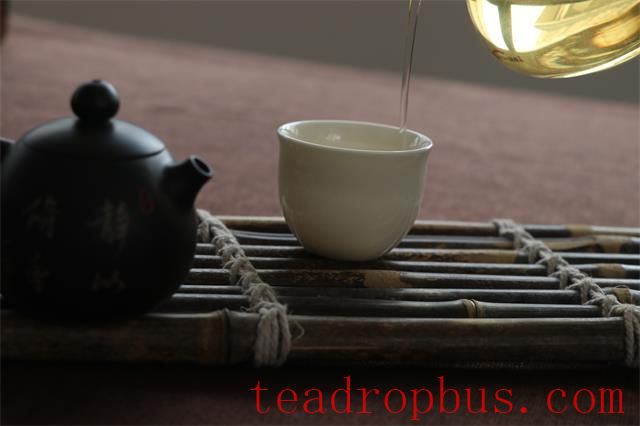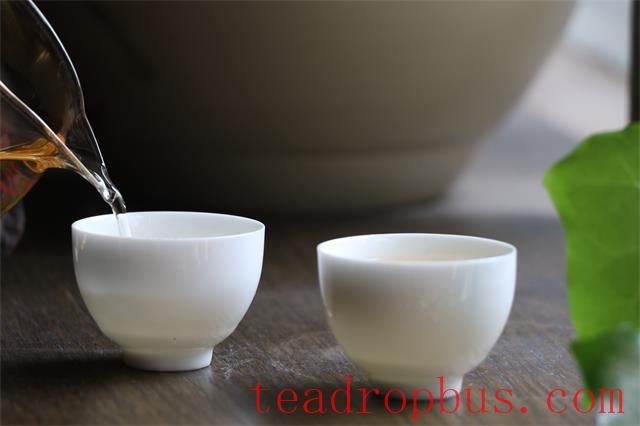People say that fine wine intoxicates, but in truth, the melody of Tea can also captivate the heart.
A single tea leaf, without the allure of flowers or the intensity of alcohol, why does it win the affection and loyalty of so many?
The beauty of tea is clear yet not flashy, simple yet not bland. Once people fall in love with it, they remain so for a lifetime. Its varied beauties reside in the hearts of every tea lover…

The Fragrance of Tea Is Subtle Like Orchids
The aroma of tea can be sweet and rich, light and elegant, high and lasting, or fresh and invigorating.
In ancient times, literati often compared the fragrance of tea to the scent of orchids:
Lideyu described the aroma of tea as: “Pine flower floats in the pot, Orchid scent wafts lightly from the Cup”; Wang Yuying called it: “The aroma invades like the subtle breath of orchids”; Fan Zhongyan praised it as: “The tea's fragrance rivals that of orchids and sweet flag.”
The fragrance of tea changes with temperature. With over a hundred aromatic compounds, each has its own character and nature; some only volatilize at high temperatures, while others do so at lower temperatures.
Therefore, to fully appreciate the fragrance of tea, one should first smell the dry leaves, then the full aroma after brewing, and finally assess its longevity.

The Taste of Tea Is Pleasing Like Jade
Tea has a multitude of flavors, primarily “bitter, astringent, sweet, fresh, and lively.”
Bitter refers to the taste similar to eating bitter melon upon sipping the tea; astringent refers to an uncomfortable, rough sensation; sweet refers to a pleasant aftertaste; fresh refers to a refreshing and agreeable flavor; and lively refers to the sense of comfort, beauty, and vitality one feels when Drinking Tea.
Tasting the natural flavors of tea mainly relies on the tongue, as taste buds are unevenly distributed across it. Generally, the tip senses saltiness, the surface sweetness, the sides sourness and astringency, and the root bitterness.
When tasting tea, one should sip slowly, allowing the tea to flow gently within the mouth, ensuring ample contact between the tea and different parts of the tongue, thereby enabling a precise judgment of its taste.

Tea, Like Life, Has Many Flavors
Sushi anthropomorphized tea as Mr. Yejia and wrote “The Biography of Yejia.”
In it, he, through the emperor's words, said: “Mr. Yejia is truly a pure and upright gentleman, his essence floats like a cloud.” “At first, I didn't particularly like Yejia, but after a long time, I found him quite endearing.”
The beauty of tea is clear yet not flashy, simple yet not bland.
As a plant, it stirs the hearts of people. Its name, shape, color, taste, and aroma, like ripples constantly stirring, resonate within people's hearts.